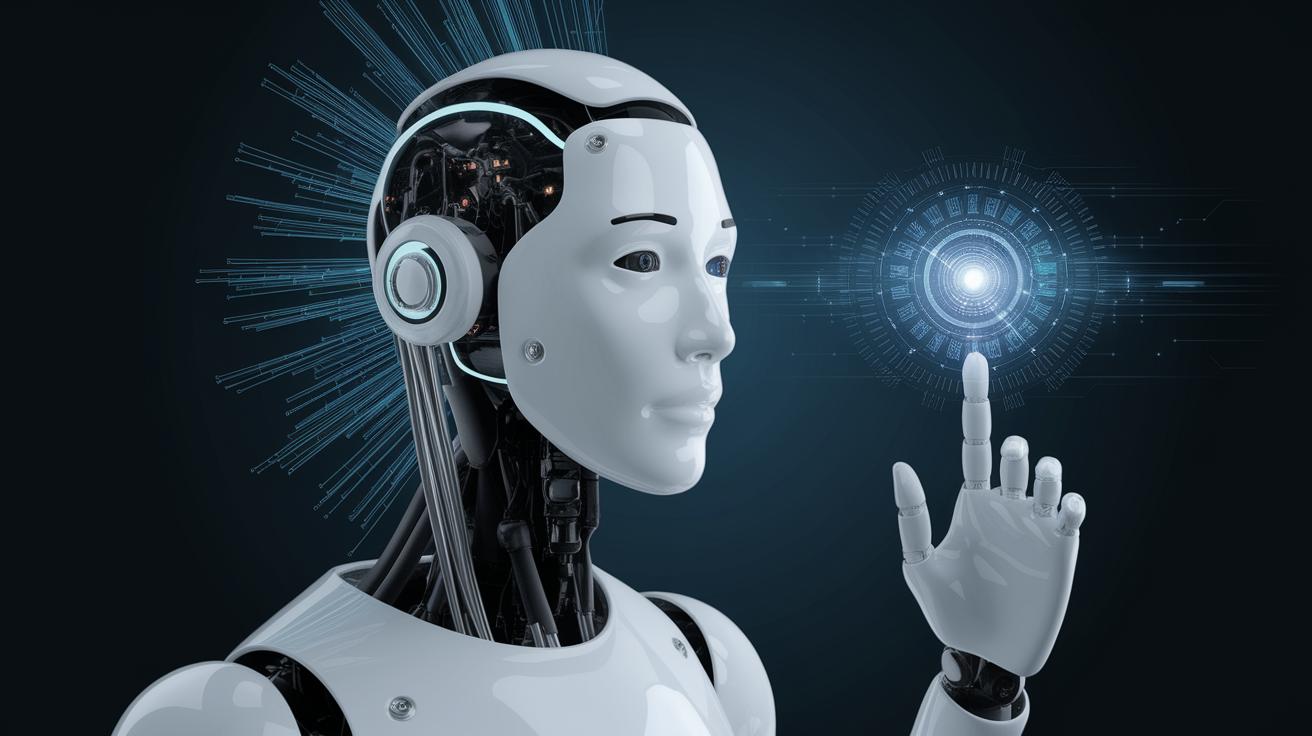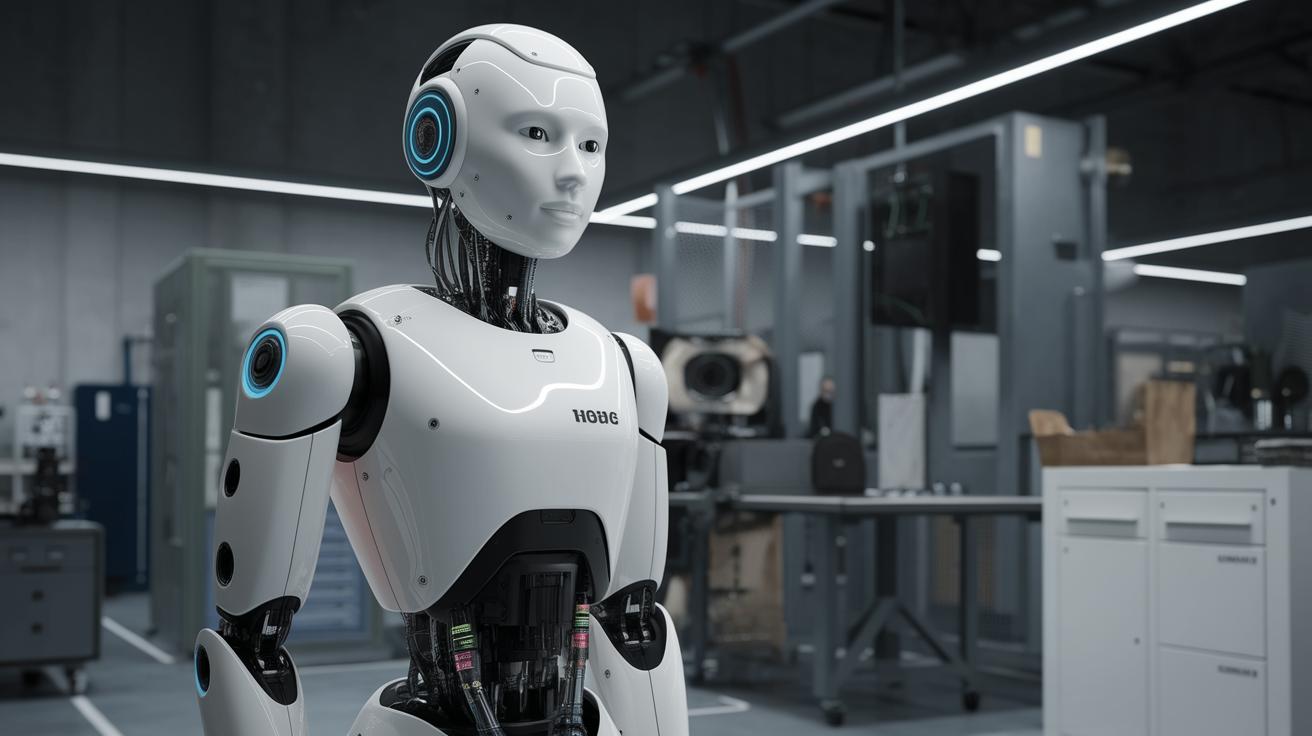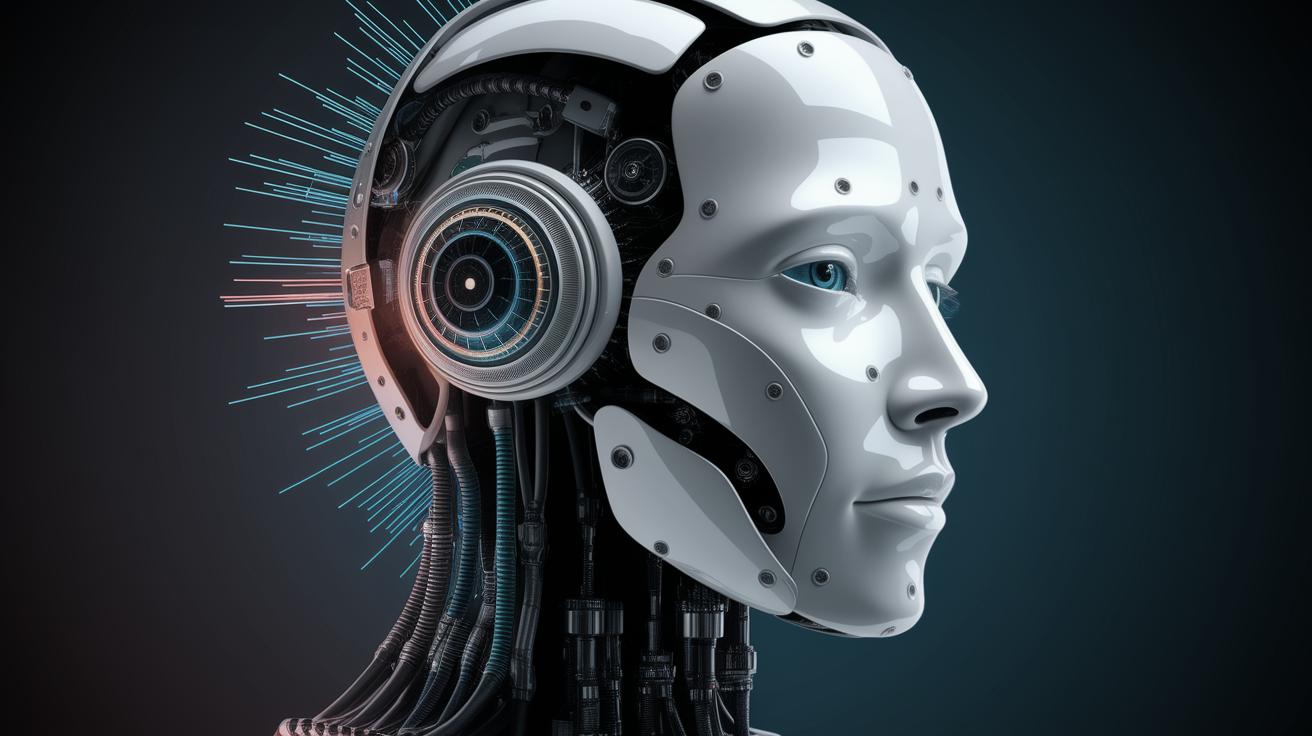Latest Advancements in Artificial Intelligence
Artificial Intelligence (AI) has set a rapid pace in revolutionizing how industries operate, from transforming creative endeavors with generative AI to redefining the very architecture of intelligence. This post delves into the latest advancements driving this evolution. We examine relentless innovation across models, products, and technologies, along with the growing significance of AI in science and humanity. Furthermore, we’ll explore how AI sets standards in ethics and responsibility, paving the way for a promising future as we look toward 2025.
Bullet Points
- AI’s breakthroughs elevate creativity in arts and content creation.
- Robotics and computing undergo transformative architectural evolutions.
- AI accelerates discoveries in science, biology, and mathematics.
- Innovations aim to benefit humanity and uphold ethical standards.
- Projections for 2025 pave the path for future advancements.
Relentless Innovation in Models, Products and Technologies
The evolving landscape of artificial intelligence is marked by continuous improvements in language models and machine learning technologies. These models are now more dynamic, capable of understanding context, executing tasks previously unimaginable, and engaging in multi-turn conversations with remarkable accuracy. New AI products are emerging, transforming how businesses and individuals interact with digital platforms, from customer service bots to personalized recommendation engines.
Moreover, companies are racing to enhance their AI tecnology stacks, providing tools that reduce time and resource constraints traditionally associated with machine learning applications. Innovations like AI-driven automation and predictive analytics are empowering industries by optimizing operational efficiencies and decision-making processes. Such relentless progress signifies a future where AI seamlessly integrates into everyday products and operations.
Empowering Creative Vision with Generative AI
Generative AI has dramatically expanded the boundaries of creativity, providing artists, writers, and designers with tools that transform their imaginative visions into reality. These algorithms, capable of creating art, music, and stories, offer limitless opportunities for creative expression, pushing past traditional human limitations. The technology enables non-creatives and professionals alike to explore their artistic pursuits with innovative tools that simplify complex design processes.
Furthermore, generative AI serves industries beyond art by designing unique outputs in architecture, fashion, and product design. By integrating AI into the creative workflow, industries are witnessing unprecedented efficiency and innovation, alongside the ability to tailor outputs according to specific client demands and trends. This empowerment of creative vision represents AI’s growing role as a collaborative partner in human ingenuity.
The Architecture of Intelligence: Advances in Robotics, Hardware and Computing
Recent advancements in robotics showcase AI’s potential to bridge the gap between digital intelligence and physical execution. Robotics now benefit from sophisticated neural networks that allow machines to learn tasks by mimicry, adapt in real-time to environmental cues, and collaborate alongside human counterparts more safely and intuitively.
Parallelly, hardware and computing capabilities have seen significant enhancements, with AI processors becoming more efficient and energy-conscious. These developments allow for broader AI adoption in devices, promising smarter, interconnected systems that redefine interactions across sectors, from healthcare and logistics to home automation and education.
Uncovering New Solutions: Progress in Science, Biology and Mathematics
AI’s capacity for data processing and pattern recognition has proven invaluable in scientific research, enabling breakthroughs in complex fields such as genetics, pharmacology, and quantum physics. Machine learning models are decoding the mysteries of DNA, helping scientists make strides in personalized medicine, drug discovery, and understanding rare diseases.
Furthermore, AI is optimizing mathematical models, facilitating simulations and computations that drive innovative solutions in both theoretical and applied sciences. These capabilities not only bolster our understanding of intricate systems but provide a universe of opportunities for innovation and problem-solving across disciplines.
AI for the Benefit of Humanity
AI technologies are increasingly developed with an intent to make a positive societal impact, from facilitating communication for the disabled to enabling educational access in underserved areas. AI-driven platforms are enhancing accessibility, bridging gaps in society through initiatives that prioritize inclusivity and empowerment.
Moreover, humanitarian efforts are leveraging AI to tackle global challenges, including poverty, hunger, and crisis response. By harnessing the analytical power of AI, organizations aim to deploy resources more effectively, enhancing the quality and timeliness of their interventions.
Helping Set the Standard in Responsible AI
The rise of AI has prompted a discourse on ethics and responsibility. Companies and organizations are increasingly focused on setting robust frameworks to ensure AI deployments are fair, transparent, and accountable. This involves creating guidelines that address biases, protect privacy, and inform users with transparency about AI-driven decisions.
Global collaborations aim to establish standards that safeguard against misuse, promoting a vision of AI that is aligned with human values and societal norms. As AI continues to develop, the emphasis on responsible innovation becomes crucial to its beneficial integration into everyday life.
Looking Ahead to 2025
As we march toward 2025, the trajectory of artificial intelligence promises even greater integration into daily life. Future AI developments are expected to deliver smarter, empathetic interactions with enhanced emotional intelligence, capable of fostering deeper human-AI connections.
The foresight into AI’s evolution hints at its capacity to solve grand challenges, transform industries, and amplify human capabilities. Strategic investments and research will likely focus on adaptive learning, sustainability, and the proliferation of AI in emerging markets, setting the stage for an exciting era defined by intelligence and innovation.
Lessons Learned
| Aspect | Summary |
|---|---|
| Innovation in Models and Technologies | Continuous advancements in AI models enhance engagement and productivity. |
| Generative AI | Transforms creativity across arts and design sectors, enhancing collaboration. |
| Robotics and Computing | Integration of AI in robotics and improved hardware advances operational efficiency. |
| Scientific Progress | AI supports revolutionary developments in science, biology, and mathematics. |
| Societal Benefit | AI technologies promote inclusivity and address global challenges. |
| Responsible AI | Focus on ethics and governance ensures fair and transparent AI use. |
| Future Projections | Path to 2025 suggests deeper AI integration and human collaboration. |


